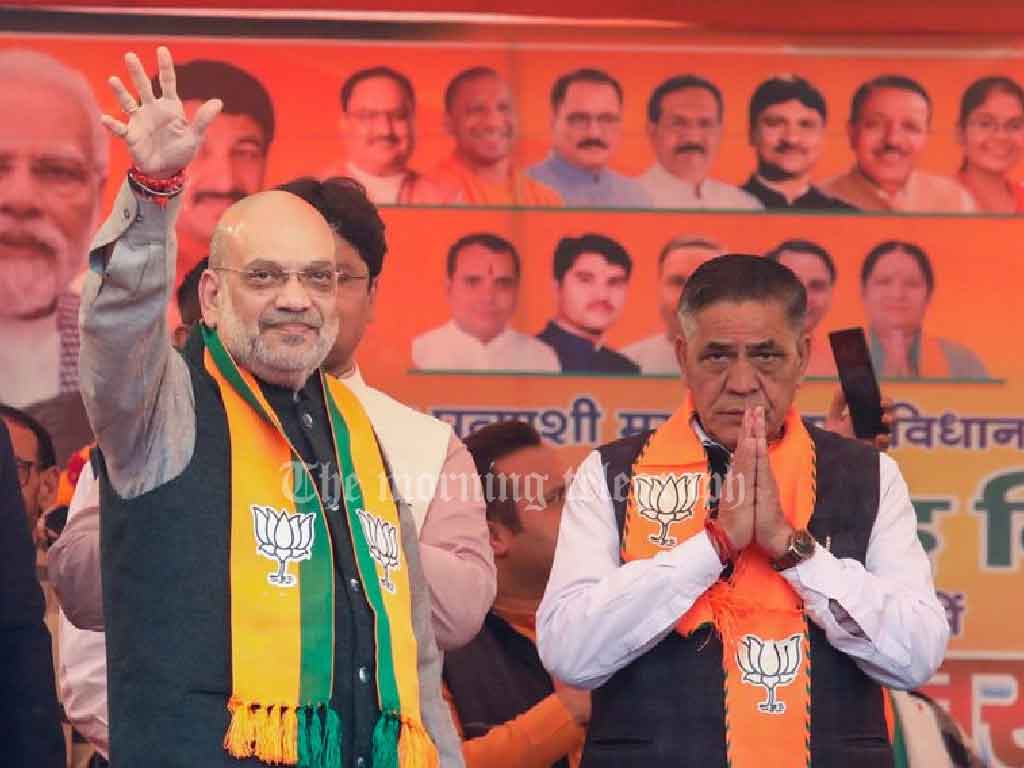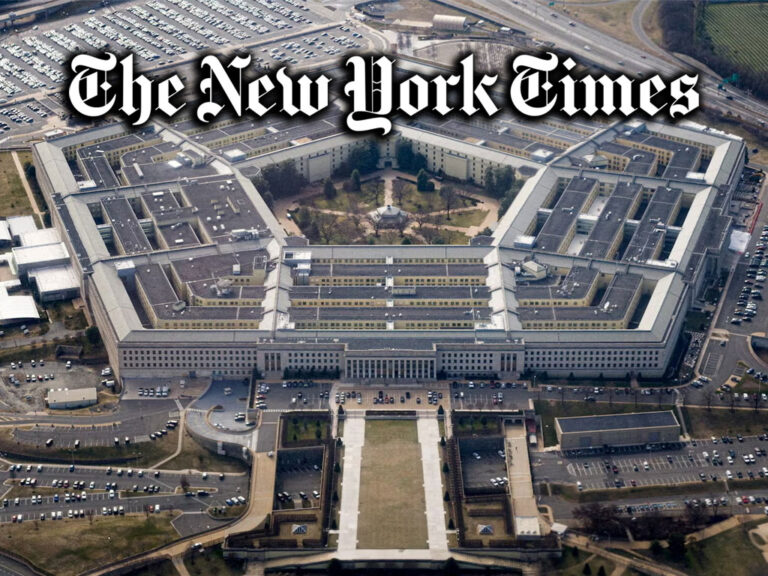
The Bharatiya Janata Party (BJP), led by Prime Minister Narendra Modi, has achieved a landmark victory in the Delhi state elections, reclaiming control of the capital after 27 years. This victory is being seen as a significant political shift in Indian politics, particularly ahead of the upcoming national elections.
According to official results, the BJP secured 47 out of 70 seats, surpassing the 35-seat majority threshold required to form the government. The Aam Aadmi Party (AAP), which had been in power for the past 10 years, suffered a major setback, winning only 23 seats. The defeat marks a sharp decline in support for AAP leader and Delhi Chief Minister Arvind Kejriwal, who had dominated the state’s politics since 2013 with a focus on free electricity, water subsidies, and improved public schools.
The victory is particularly notable as Delhi has traditionally been a stronghold for opposition parties, with the AAP and Congress controlling the capital for nearly three decades. The last time the BJP won the Delhi assembly elections was in 1998, before being replaced by the Congress under Sheila Dikshit for 15 years and later by AAP’s Kejriwal government.
Political analysts believe that the BJP’s victory in Delhi holds national significance, as the capital is home to key government institutions and influences political discourse across India. The win is expected to strengthen BJP’s momentum ahead of the 2024 general elections, reinforcing Modi’s popularity and the party’s governance model.
Critics argue that AAP’s declining support is due to multiple factors, including corruption allegations, dissatisfaction with local governance, and BJP’s aggressive campaign strategies. The BJP focused on national security, economic growth, and its Hindutva ideology, which resonated with a significant portion of Delhi’s electorate.
With this victory, the BJP is set to form the government in Delhi, marking a major political shift and demonstrating the party’s ability to expand its influence beyond its traditional strongholds.




